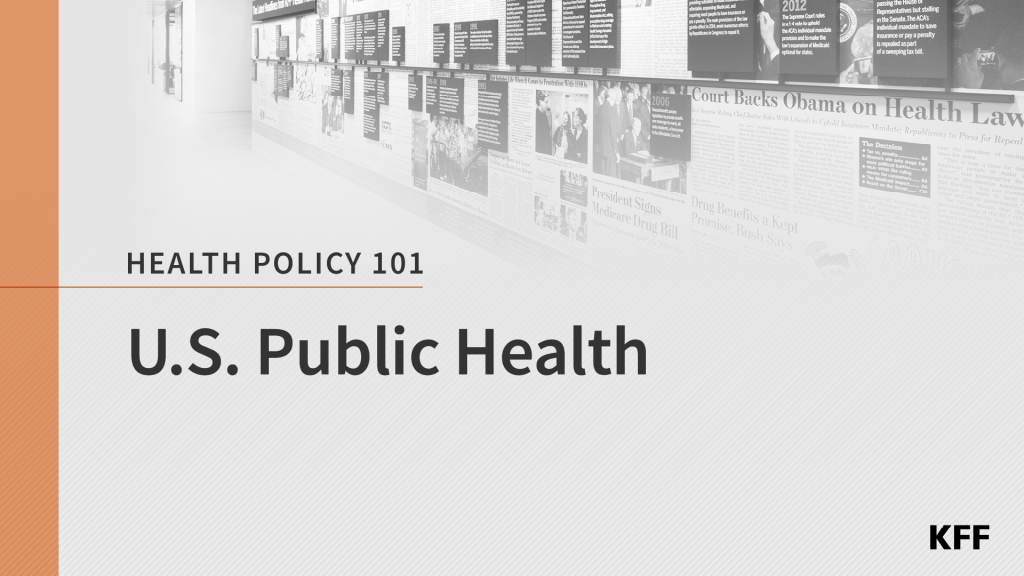COVID-19 Has Claimed the Lives of 100,000 Long-Term Care Residents and Staff
More than 100,000 residents and staff have died in long-term care facilities since the start of the pandemic. This post discusses the implications of the likely rise in cases due to holiday gatherings and the share of total COVID-19 deaths that have happened in long-term care facilities.
